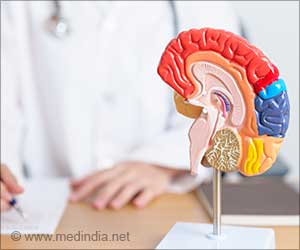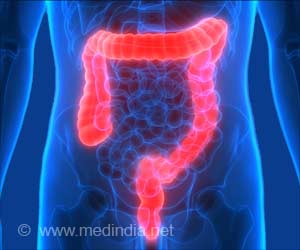
‘Conventional treatment for vasculitis is based on suppressing the immune system. This treatment method stops disease progression, but is associated with severe side effects. The discovery of causal mechanism could guide new treatment.’
Tweet it Now
ANCA-associated vasculitis is a systemic disease, which is characterized by the body's immune system attacking structures present inside white blood cells, thereby causing inflammation within small blood vessels. While kidney involvement is common in vasculitis, and may lead to acute renal failure, the condition can also affect the lungs and other organs. Conventional treatment is based on suppressing the immune system. This treatment method stops disease progression, but is associated with severe side effects.So, what exactly happens within the human body - what is the chain of events responsible for producing this disease? A team of researchers, led by PD Dr. Adrian Schreiber (Vasculitis Experimental Animal-Based Research Working Group at the Experimental and Clinical Research Center, ECRC) and Prof. Dr. Ralph Kettritz (Charité and ECRC), were able to show that the process is triggered by the activation of a programmed form of cell death (necroptosis) within the body's white blood cells. Antibodies which target the body's own proteins (auto-antibodies) attach themselves to certain components of white blood cells. This activates necroptosis, which results in the formation of neutrophil extracellular traps (NETs) - complex networks of extracellular fibers composed of DNA.
"The specific pharmacological inhibition of programmed cell death may one day constitute a new approach to the treatment of ANCA vasculitis," explains PD Dr. Schreiber. He adds: "The first clinical studies are underway, testing whether the inhibition of necroptosis may be suitable for general application. Looking ahead, we hope that, based on our data, it will be possible to develop a new treatment for ANCA vasculitis."
Source-Eurekalert














